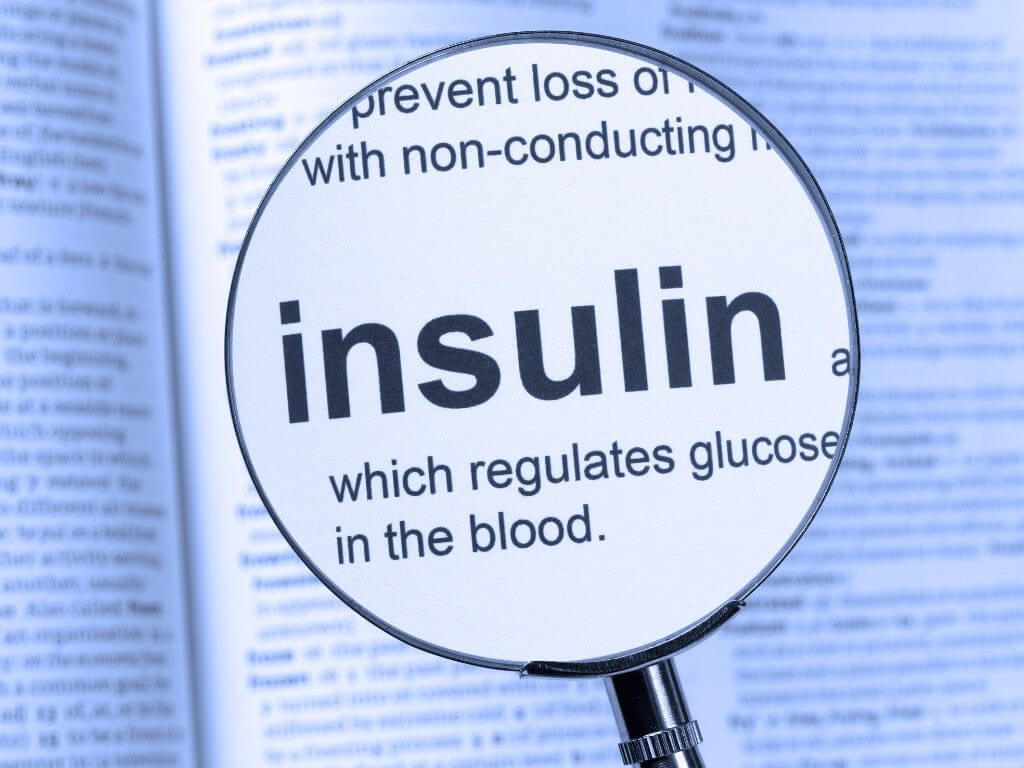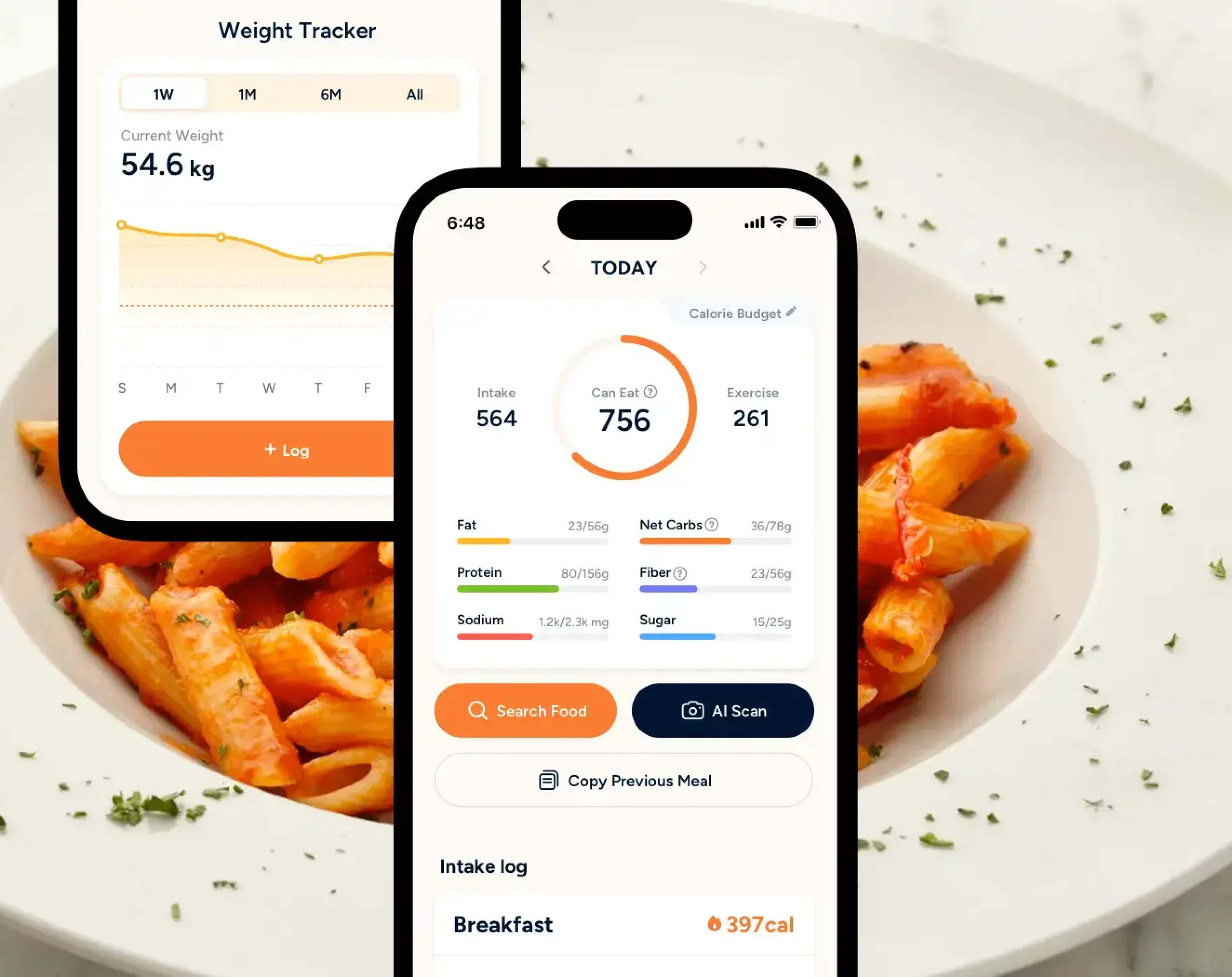Unlike most trendy diets that overload you with complicated rules or restrictions, the Eat Stop Eat method strips fasting down to its essence. It addresses the stress associated with constant dieting and removes the calorie-counting aspect found in most diets.
Key Takeaways
- Eat-stop-eat method involves fasting for 24 hours once or twice a week.
- This method is meant to help people obsess less over food and calorie counting, and instead, understand that they have a choice of when to eat.
- It’s a good diet approach for those with a busy lifestyle, looking for a sustainable diet or are hoping to establish a healthier relationship with food.
- This approach encourages weight loss, improves insulin sensitivity and enhances mental clarity.
- There is a possibility of nutrient deficiencies, mood changes and an increased risk of eating disorders so there’s a need to practice caution.
What is the Eat-Stop-Eat Method?

The eat-stop-eat method is a form of intermittent fasting that involves fasting for 24 hours once or twice a week. Then, you will eat responsibly for the remainder of the week.
This method was created by Brad Pilon, the author of the book titled “Eat Stop Eat”. It was a way of guiding individuals on how to create a calorie deficit, lose weight, and improve health.
According to his website, he was inspired to come up with this when he was doing his graduate research on short-term fasting at the University of Guelph, Canada. The basis for the eat-stop-eat method was guided by his belief that you can lose weight, be lean, and healthy without obsessing over your food choices and calorie counting.
It’s about helping people to understand that they don’t have to eat all the time, and that they can choose when to eat.
How Does Eat Stop Eat Work?
Following this type of intermittent fasting diet program is simple.
All you need to do is choose 1 or 2 days in the week to fast for 24 hours. During this fasting period, you are required to abstain from eating any food.
For the remaining 5 to 6 days, you are allowed to choose what and when to eat. The best is still to make healthy food choices with balanced nutrition and stay hydrated.
Being in a fasted state causes your body to break down triglycerides into fatty acids and glycerin for energy. These fatty acids are then converted into ketone bodies. They are then used as the main source of energy for your body [1].

Smarter Nutrition Tracking
Track calories and over 100 other nutrients all in one place.
Download Eato For FreeWho Is Eat Stop Eat For?
The eat-stop-eat diet can be beneficial for people who are looking for an effective way to manage their weight or to improve their eating behaviors for overall health.
It may also be beneficial for these groups of people:
- Those with a busy lifestyle
- People who are looking to have a healthier relationship with food
- Those looking for a sustainable diet
Health Benefits of Eat Stop Eat Intermittent Fasting Method
Multiple studies show that intermittent fasting can offer a range of positive health benefits. Although most research tends to focus on the 5/2 diet, 16/8 diet, or alternate-day fasting (ADF), the principles of the eat-stop-eat method may have comparable results.
Leveraging what we know from intermittent fasting studies so far, let’s have a closer look at the possible health benefits of the eat-stop-eat approach:
a) Encourages weight loss
Chronic excessive caloric intake leads to an accumulation of fat tissue in the body. Over time, this results in obesity. Many studies have shown that intermittent fasting (IF) is an effective treatment for obesity, besides caloric restriction (CR).
According to clinical trials, weight reduction of 4% to 10% is seen in adults with obesity. They include those who went on an intermittent fasting diet for 4 to 28 weeks [2]. One study also found that intermittent fasting could lead to greater fat loss and better body composition compared to caloric restriction [3]. Though, majority of studies conclude that a decrease in body weight and fat mass is the same regardless [4].
b) Improves insulin sensitivity

Intermittent fasting has also been shown to help improve insulin sensitivity and lower fasting insulin levels. It may also help to promote better metabolic health and improve blood pressure levels.
In fact, 100 men with prediabetes who participated in an early time-restricted feeding (eTRF) schedule (eating within a 6-hour window that ended at 3 pm) experienced a significant decrease in insulin levels, improved insulin sensitivity, and β-cell responsiveness [5]. Similarly, intermittent fasting, including alternate-day fasting, had outperformed continuous calorie restriction in terms of enhancing insulin sensitivity [6].
c) Enhances mental clarity

A metabolic switch from glucose to ketones has been shown to enhance brain function and increase the production of brain-derived neurotrophic factor (BDNF), which is triggered by fasting. BDNF is a protein that supports learning, memory, and overall neural health [7]. While most research does not specifically focus on the eat-stop-eat method, going on a 24-hour fast can promote ketone production.

Weight Loss Has Never Been Easier
Get accurate nutrition info instantly. Keep track of your progress.
Download Eato For FreeRisks of Doing Eat Stop Eat
While the eat-stop-eat method can have a positive effect on overall health, it also comes with potential downsides.
a) Nutrient deficiencies
People who follow the diet can have a hard time getting all the nutrients. Especially when they need to fuel their body for the entire day. Given that they’ll only have 1 to 2 hours to eat what they can, ensure that you get all the essential vitamins and minerals.
Another factor is that the diet only allows you to eat properly on the remaining 5 to 6 days of the week. There’s a probability for someone to not get sufficient nutrients needed for their body if they have a fast metabolism.
b) Mood changes

Fasting can lead to hormonal imbalances, which is most commonly seen in our emotional response. Short-term fasting may increase negative emotions, such as depression, anxiety, anger, irritability, and fatigue, all of which can contribute to lower work efficiency.
In a study that involved a group of amateur weightlifters, increased anger and aggression were seen as they observed a 48-hour fast [8].
Another study that involved 52 female participants doing a fast for 18 hours had shown that the women experienced increased irritability but also a sense of achievement that comes with completing the fast [9].
c) Increases the risk of eating disorders
A risk that has been examined recently is the possibility of intermittent fasting diets contributing to disordered eating patterns.
A cross-sectional study that was conducted in Canada discovered that women were most likely to develop disordered eating behaviors compared to men. This study proved that there was a correlation between intermittent fasting and eating disorders, especially for women in their adolescence or teenage years.
To further add to this, a similar study had explored whether a low-carb diet could contribute to disordered eating habits and if intermittent fasting could worsen the symptoms. Results of the study showed that both a low-carb diet and fasting could increase the likelihood of binge eating and food cravings.
However, overall findings appear to be mixed. While there’s a suggestion that fasting intermittently could lead to a ‘restrict then binge’ cycle, other studies have made findings that it can actually reduce the chances of a binge eating episode [10].

Smarter Nutrition Tracking
Track calories and over 100 other nutrients all in one place.
Download Eato For FreeIs the eat-stop-eat method safe?
The eat-stop-eat method is generally safe for most people to follow. This is as long as you observe a balanced diet during the non-fasting periods. On the contrary, it is not advisable for certain people. Including those with diabetes, eating disorders, or those who are currently pregnant or breastfeeding.
Notably, for those with diabetes, fasting for extended periods can lead to low blood sugar, which can be potentially dangerous. As usual, if you want to try intermittent fasting, you are strongly recommended to seek advice from a healthcare professional. You shouldn’t jump into any diet without understanding the benefits and risks.
What is the Difference Between Eat-Stop-Eat and 5/2?
The eat-stop-eat method is similar to the 5/2 fasting method in the sense that they both follow a 5-day schedule where you can eat anything that you want responsibly and a 2-day schedule where you are supposed to practice food restriction.
The 2-day schedule is what differentiates the two from each other. With the eat-stop-eat method, you are supposed to find 2 non-consecutive days in the week and fast for 24 hours. On the other hand, the 5/2 fasting method involves greatly reducing your caloric intake up to 25% of your regular intake on the other 5 days.
Other Types of Fasting Schedules
Besides the eat-stop-eat and 5/2 fasting methods, there are also other popular types of fasting methods with different schedules.
Here are some schedules that you may have heard of:
- 16/8 fasting method: The 16/8 fasting method is a form of time-restricted eating whereby you will have an 8-hour eating window and a 16-hour fasting window.
- 14/10 fasting method: This method is similar to the 16/8 method but considered to be a less intense option that’s suitable for those new to fasting. It involves a 10-hour eating window followed by a 14-hour fasting window.
- Alternate-day fasting: The alternate-day fasting schedule consists of eating regularly on one day, then either going on a fast or restricting your calories to 25% of your normal intake the next day.
The Final Takeaway: Is Eat-Stop-Eat for Me?
All in all, the eat-stop-eat diet can potentially be a solution for heavier individuals who are looking to lose weight or learn how to stop thinking that they need to have food all the time. At the same time, this is not a weight loss method that we would recommend anyone to follow due to potential downsides. You should seek proper medical advice and supervision prior to doing any diet.
The safest way, recommended by many dietitians and medical sites, is to follow a healthy diet and complement it with regular exercise. The problem is that not everyone may know what foods are considered healthy. That is why we’ve come up with a solution called Eato, an app that simply helps you track food nutritional values and log all the meals that you’ve had. See how it works, download the app for free!

Smarter Nutrition Tracking
Track calories and over 100 other nutrients all in one place.
Download Eato For Free



